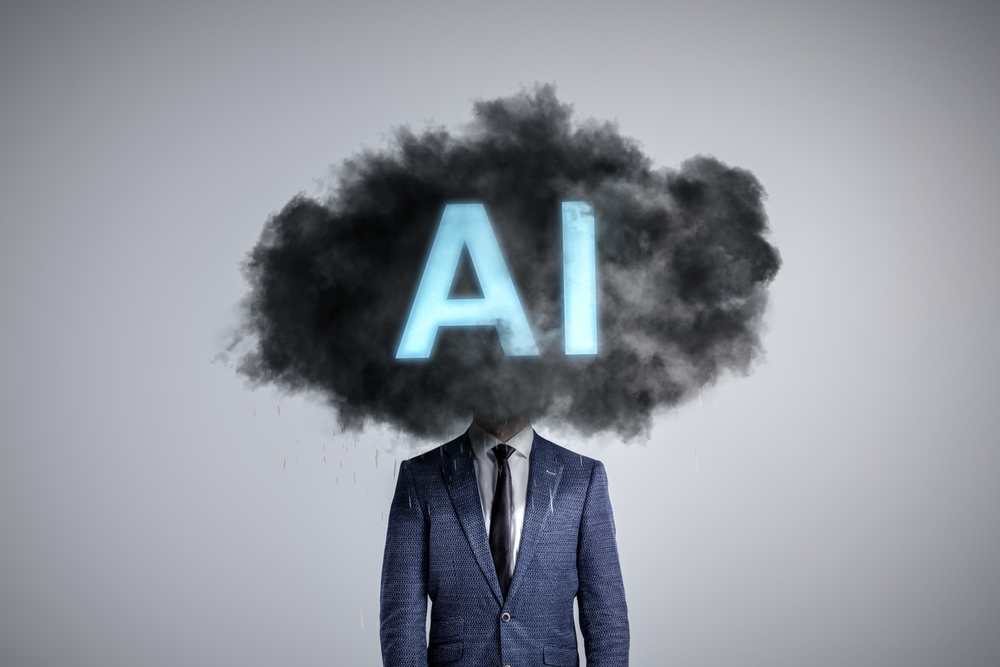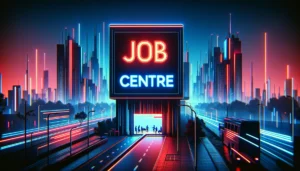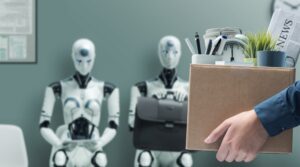May’s Challenger, Gray, and Christmas employment report attributed 3,900 of 80,000 corporate layoffs to AI.
This is the first time AI-related lay-offs have been compiled in the report, and Challenger expects the trend to continue.
Moreover, they highlight that firms are typically restrained about disclosing AI-related lay-offs, so the actual figures could be higher.
AI-related job losses are challenging to quantify, and some sources project that over 375 million jobs will be lost by 2035.
ChatGPT and other chatbots have already begun restructuring the manufacturing and customer services industries. For example, in the UK, British Telecom (BT) is expected to replace over 10,000 employees with the company’s existing chatbot “Amy,” whereas in the US, the National Eating Disorder Association expects to replace helpline employees with their chatbot “Tessa.”
Meanwhile, writers, artists, and other creative professionals from the US film industry are taking preemptive strike action to warn producers they won’t tolerate AI stealing their jobs.
The Challenger report listed several other reasons for job losses, including inflation and market conditions, restructuring, cost-cutting, and mergers and acquisitions.
Some 417,500 jobs have been lost between January and May this year, the worst statistics observed since 2020, when the pandemic led to some 1.4 million job losses.
AI gives and takes away
Despite costing over 300 million people their jobs, Goldman Sachs believes AI will increase global GDP by 7% by enabling businesses to redistribute resources to business-critical activities.
PwC’s AI impact study is similarly optimistic, citing that AI could contribute $15.7tn to the global economy, boosting China’s GDP by 26% and North America’s by 14.5%.
However, there is some doubt about how governments will raise taxes if and when initiates job losses are close to those predicted. Solutions include a “robot tax,” where businesses have to pay tax for each employee they replace with AI.
In any case, AI job replacements are becoming an inevitable feature of the jobs and labor market, and it’s difficult to predict whether we’ll achieve a new equilibrium naturally or whether governments will need to take a more interventionist approach.
In addition, forthcoming AI regulations, such as the AI Act, will influence how far companies like OpenAI can reach into the job market.





